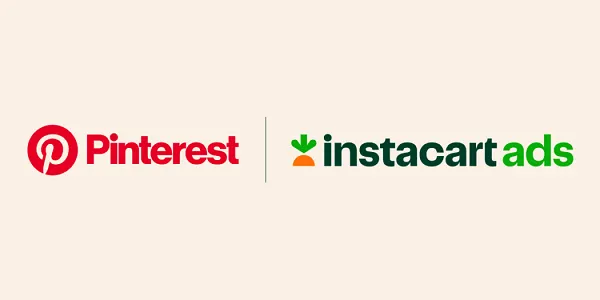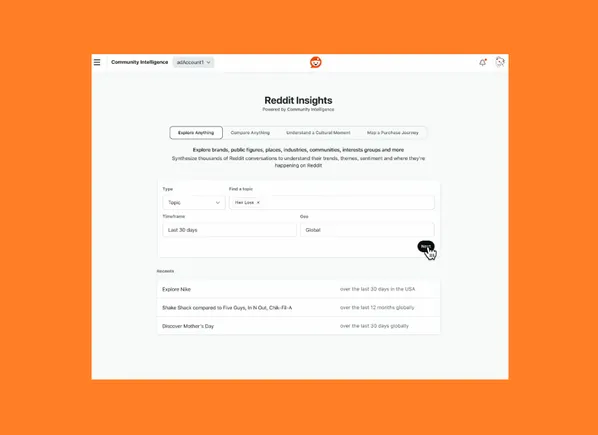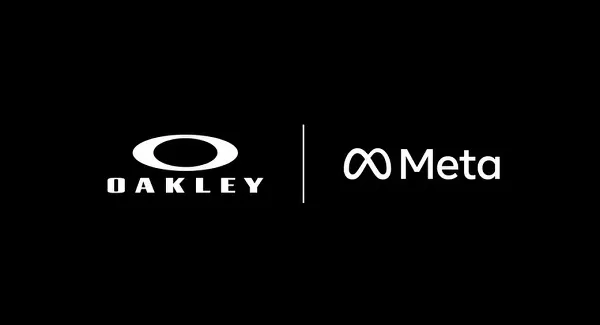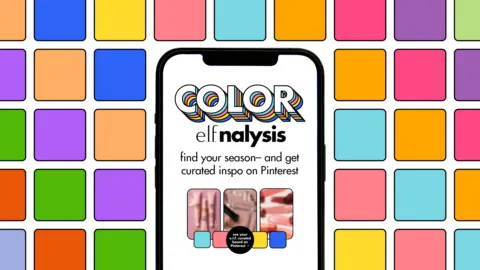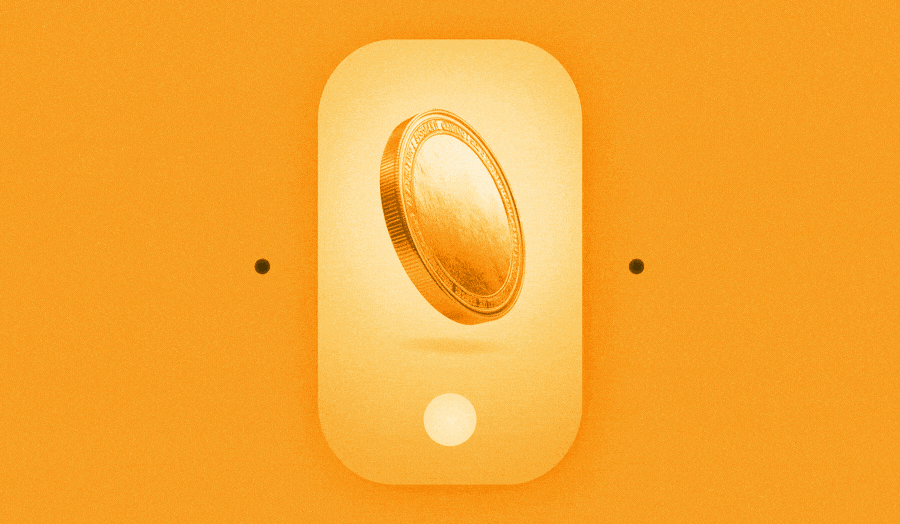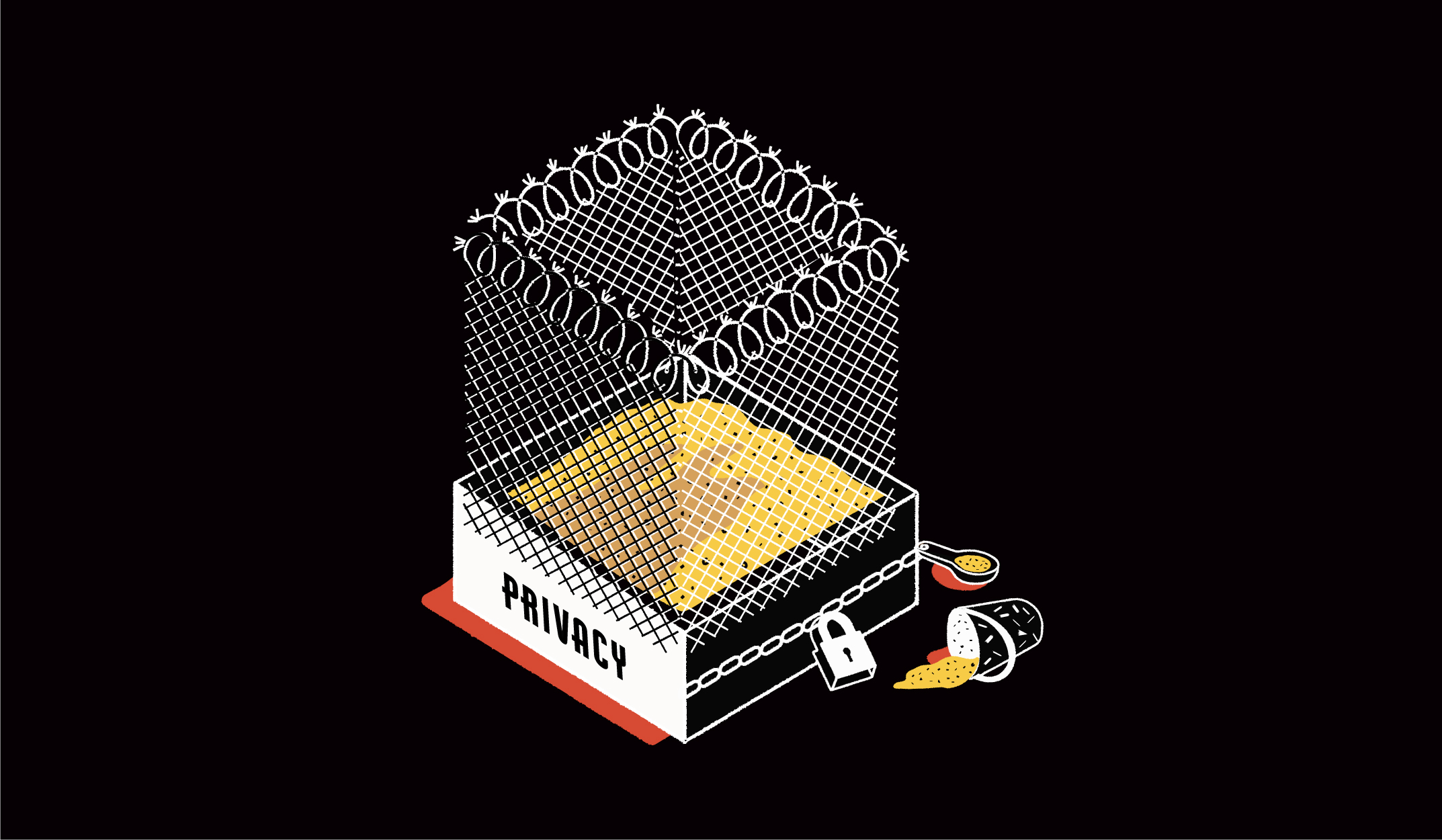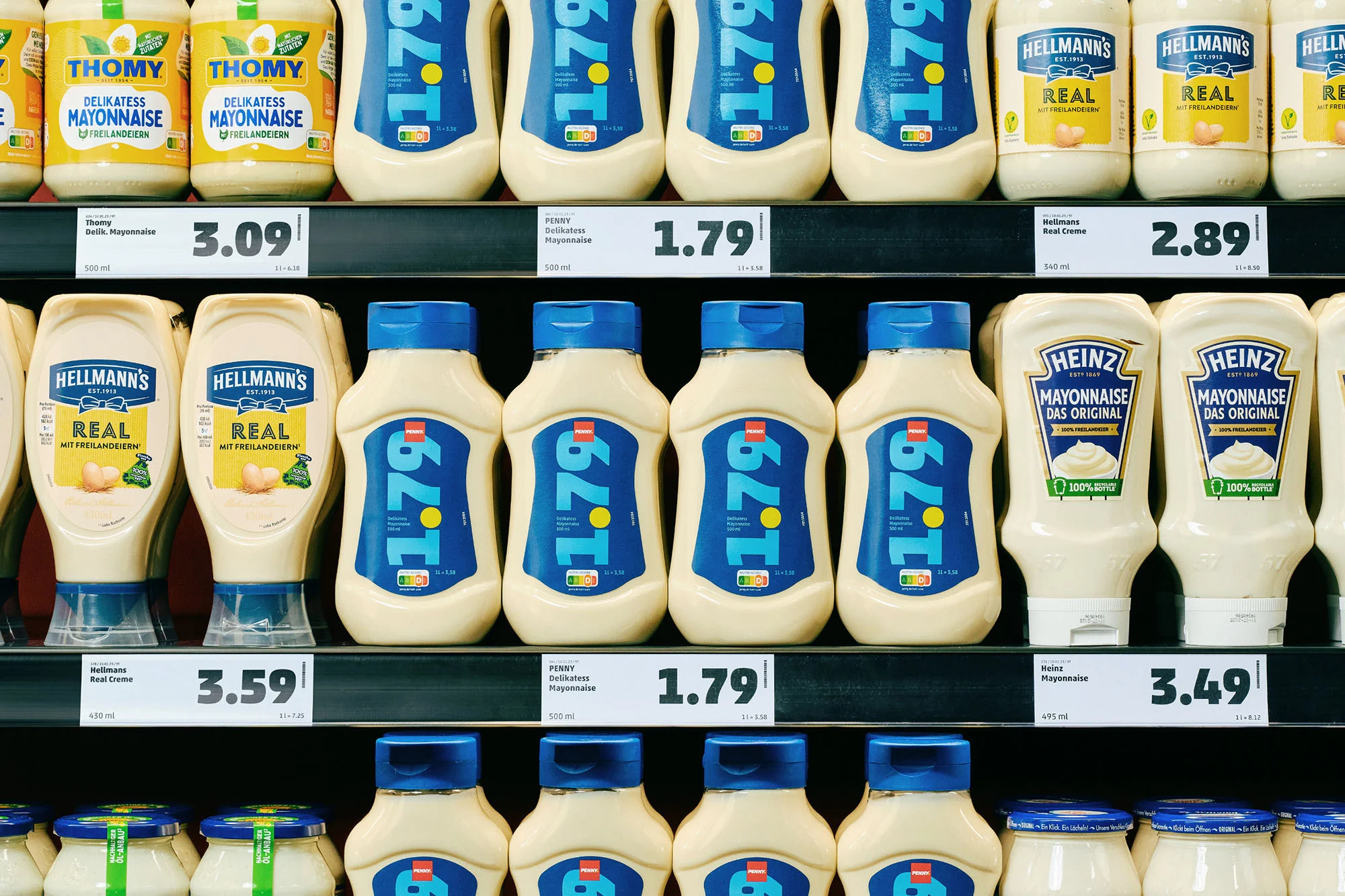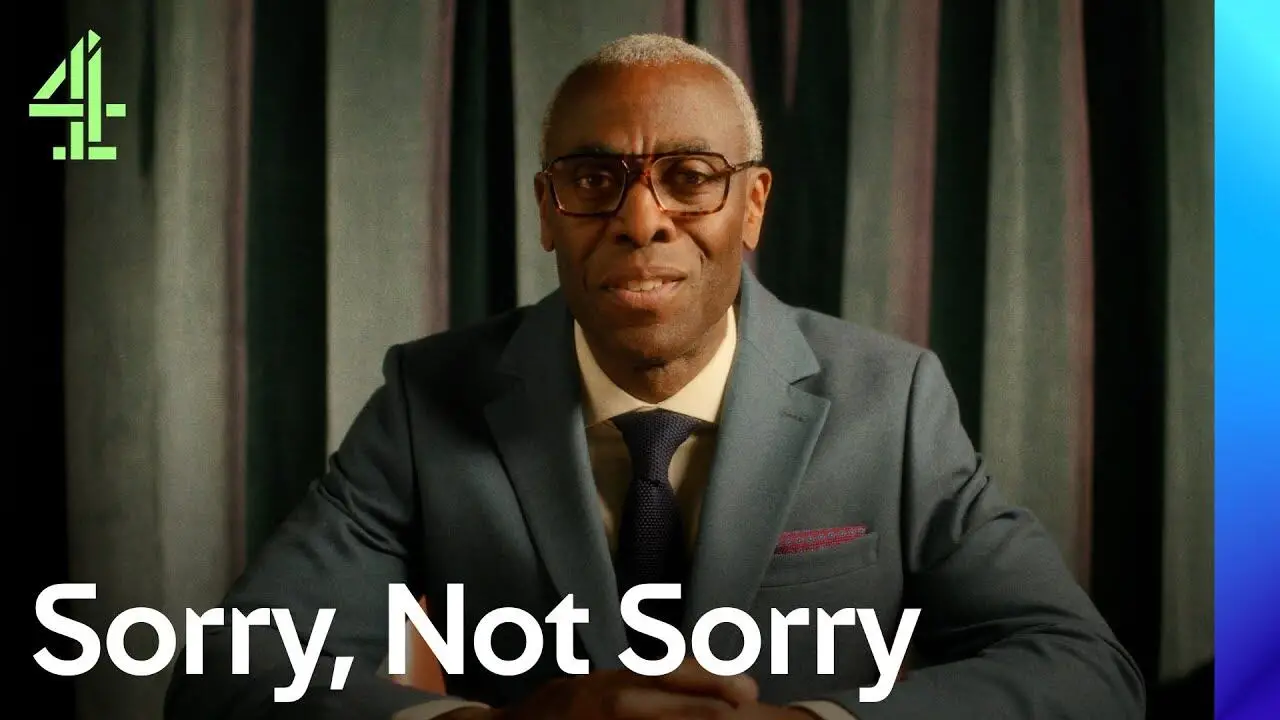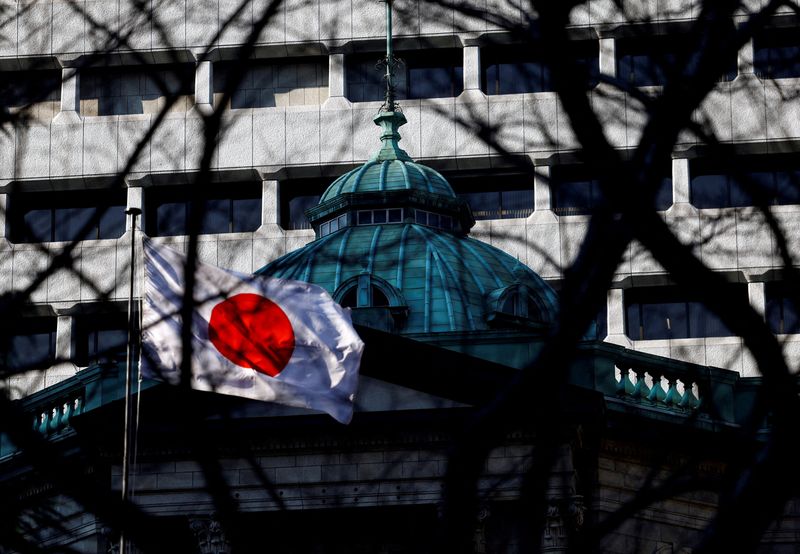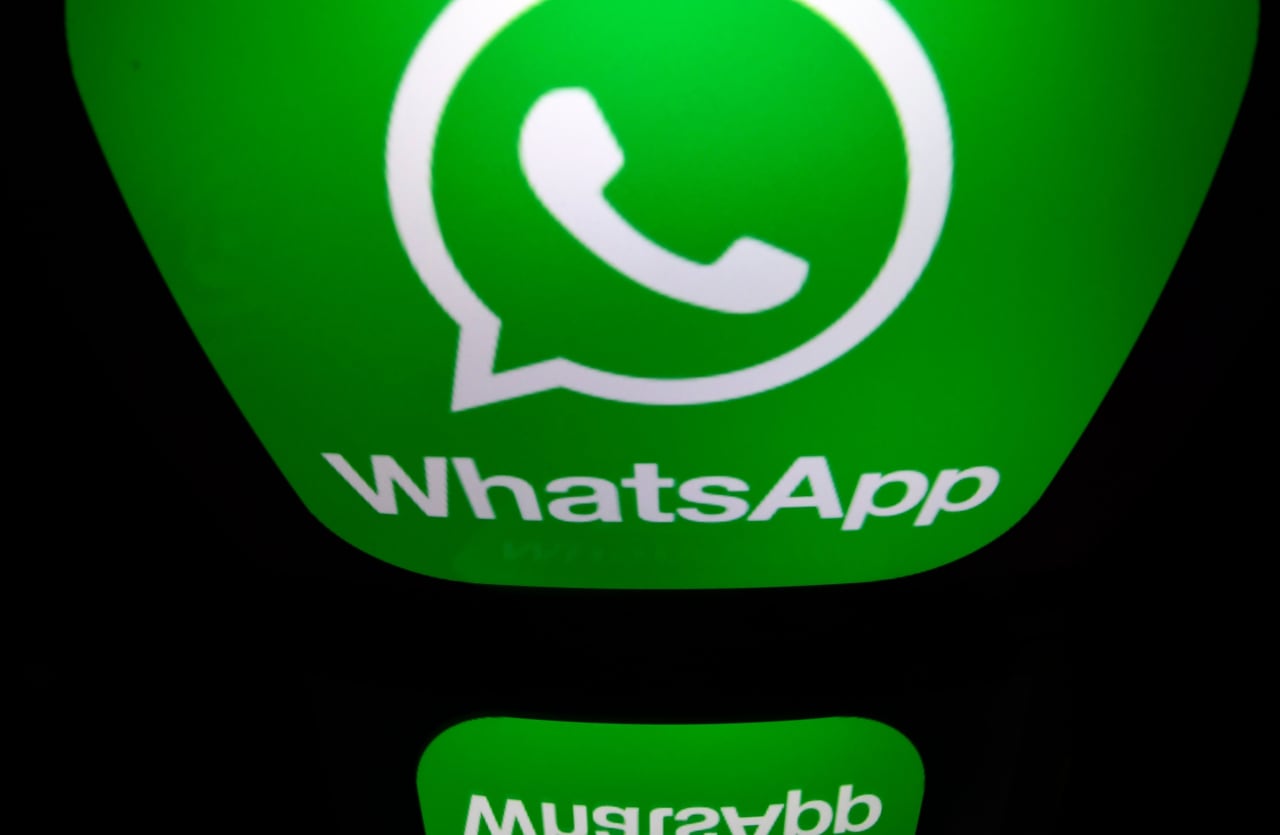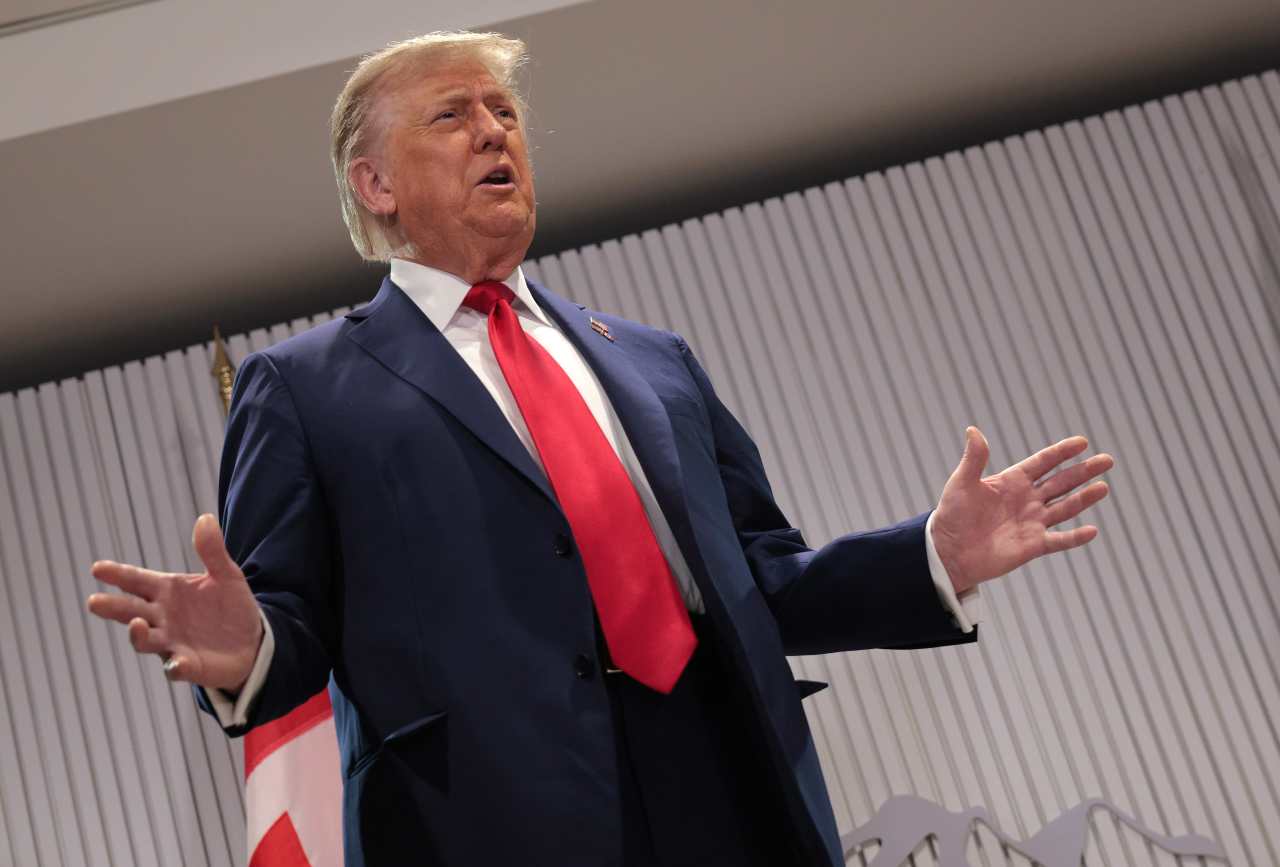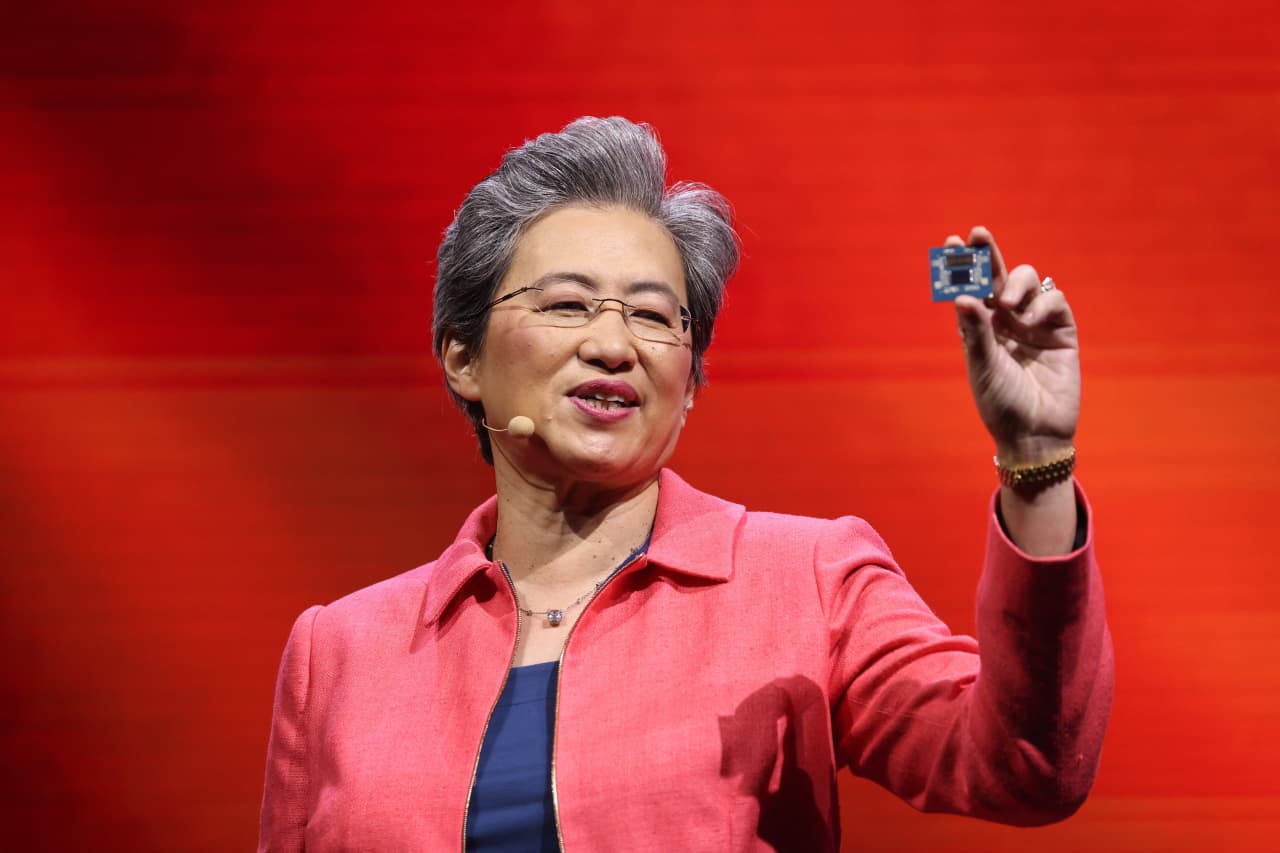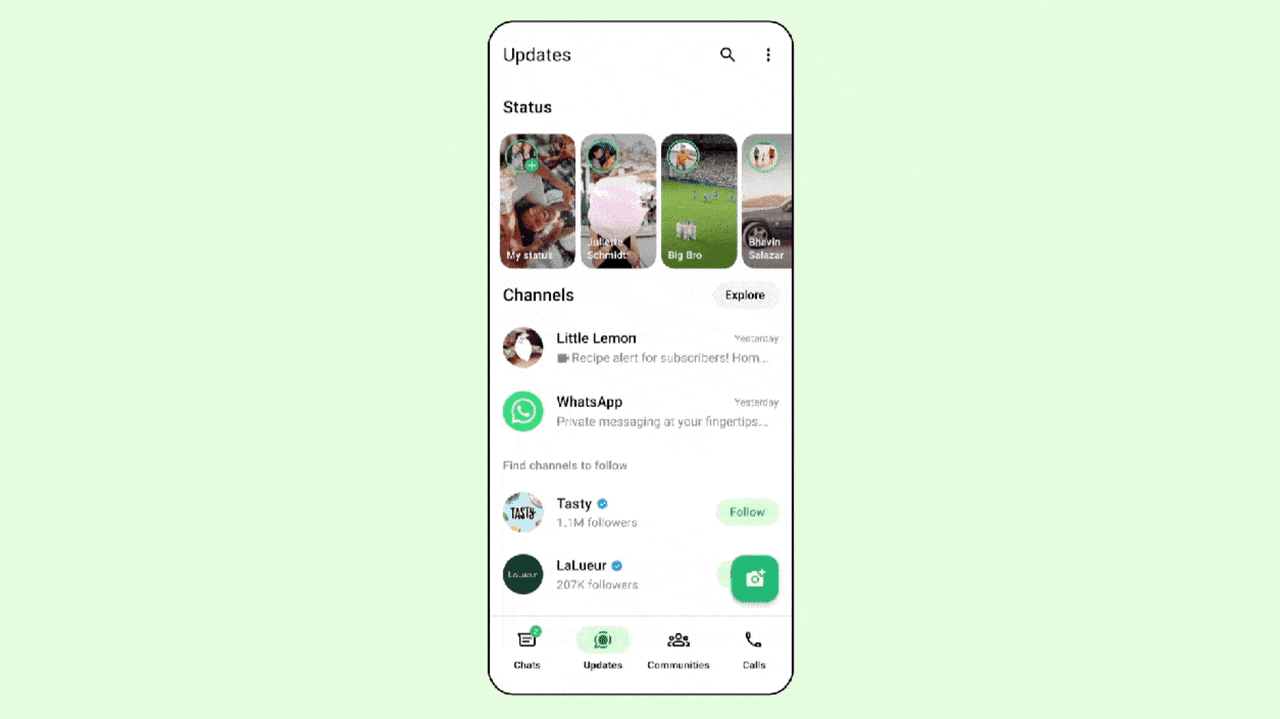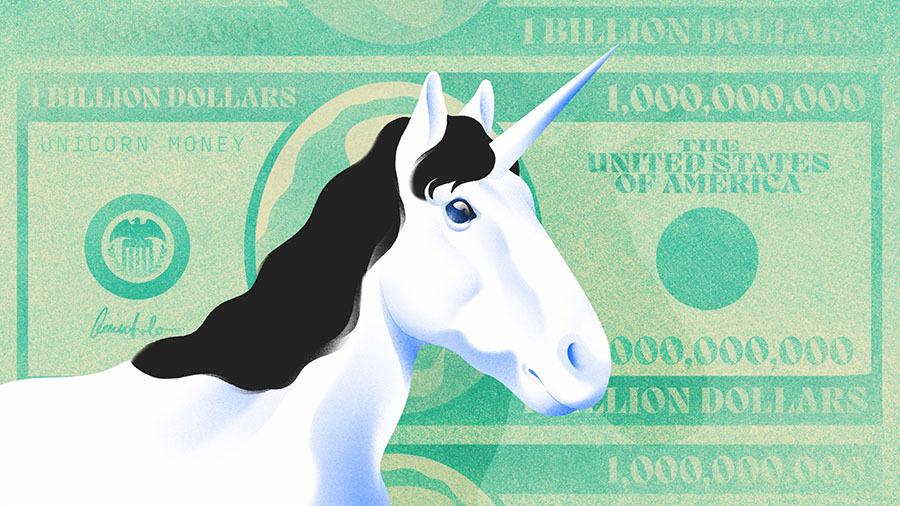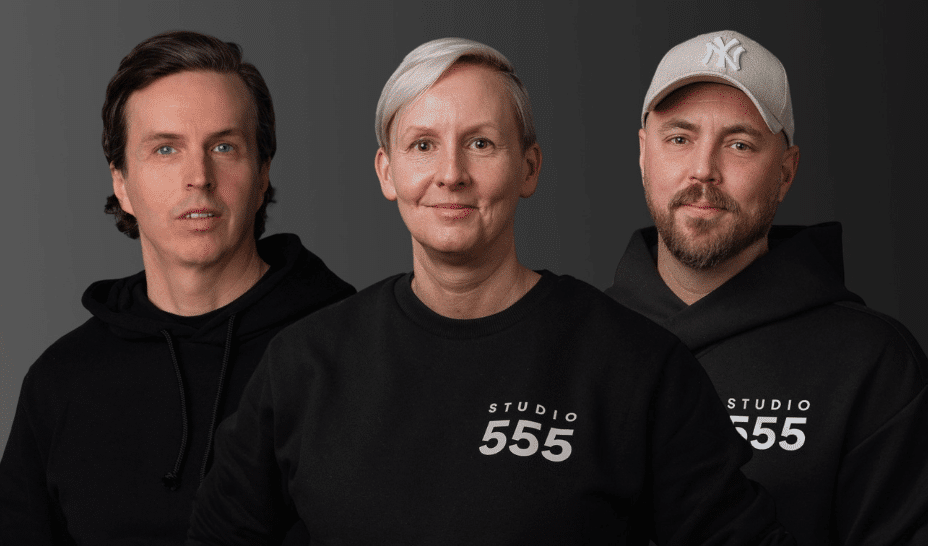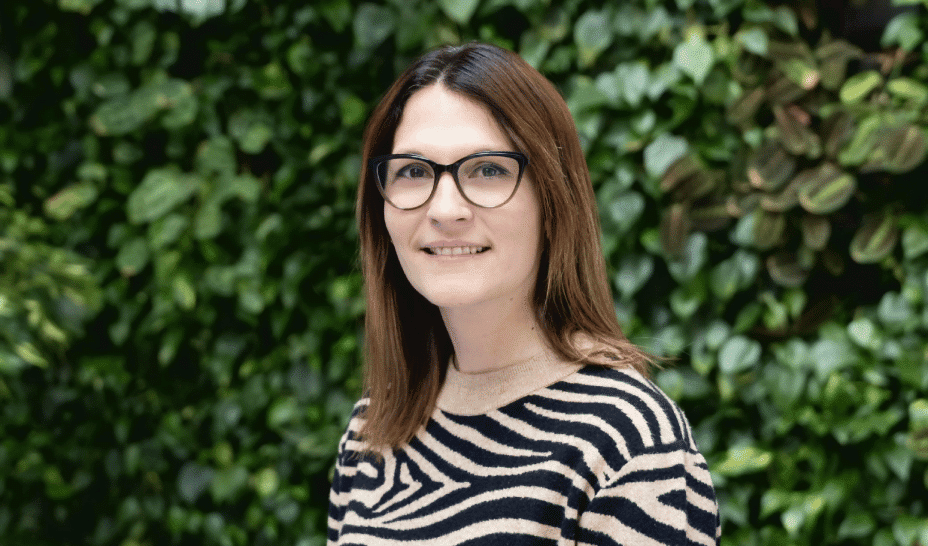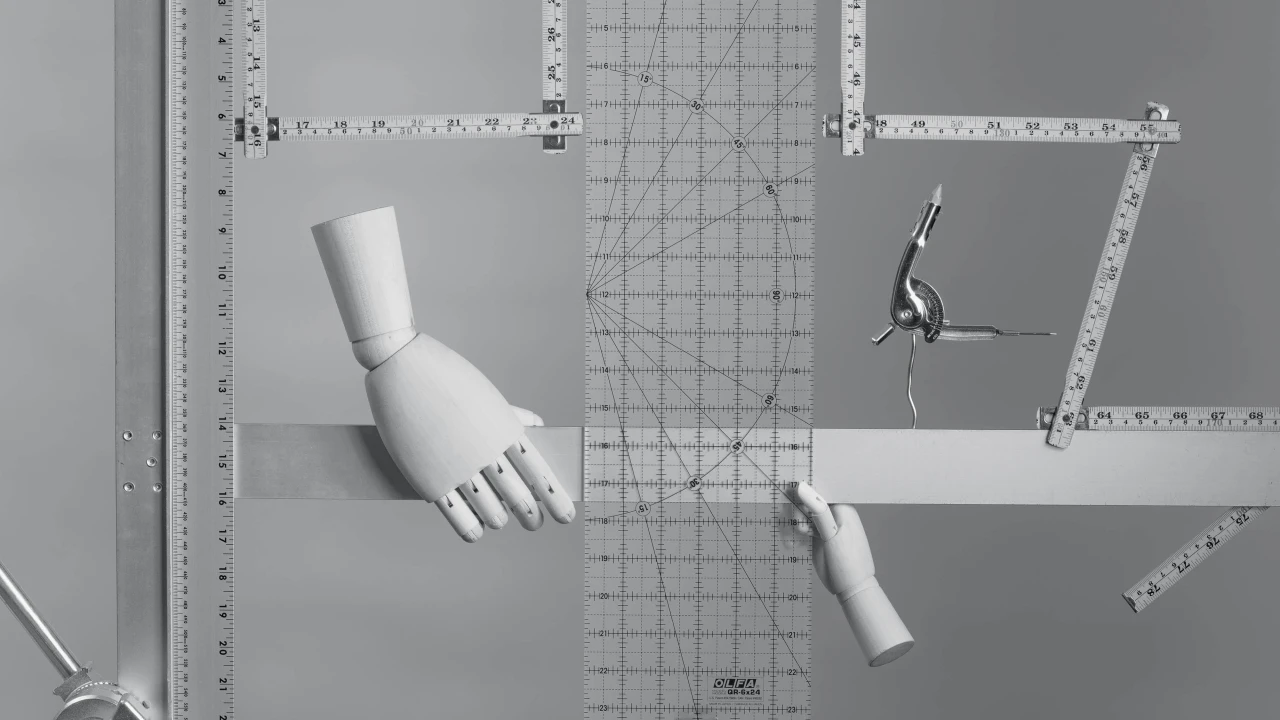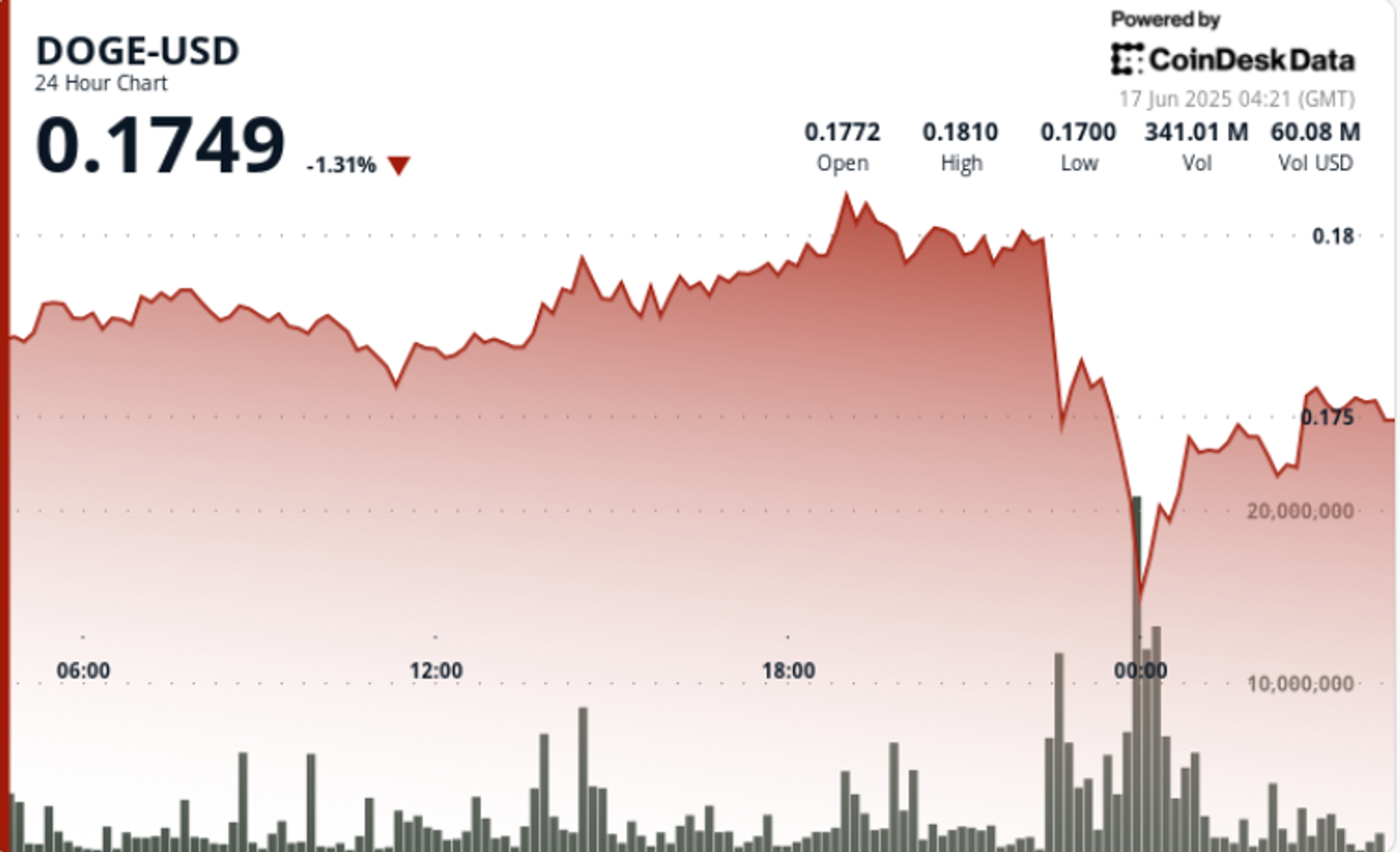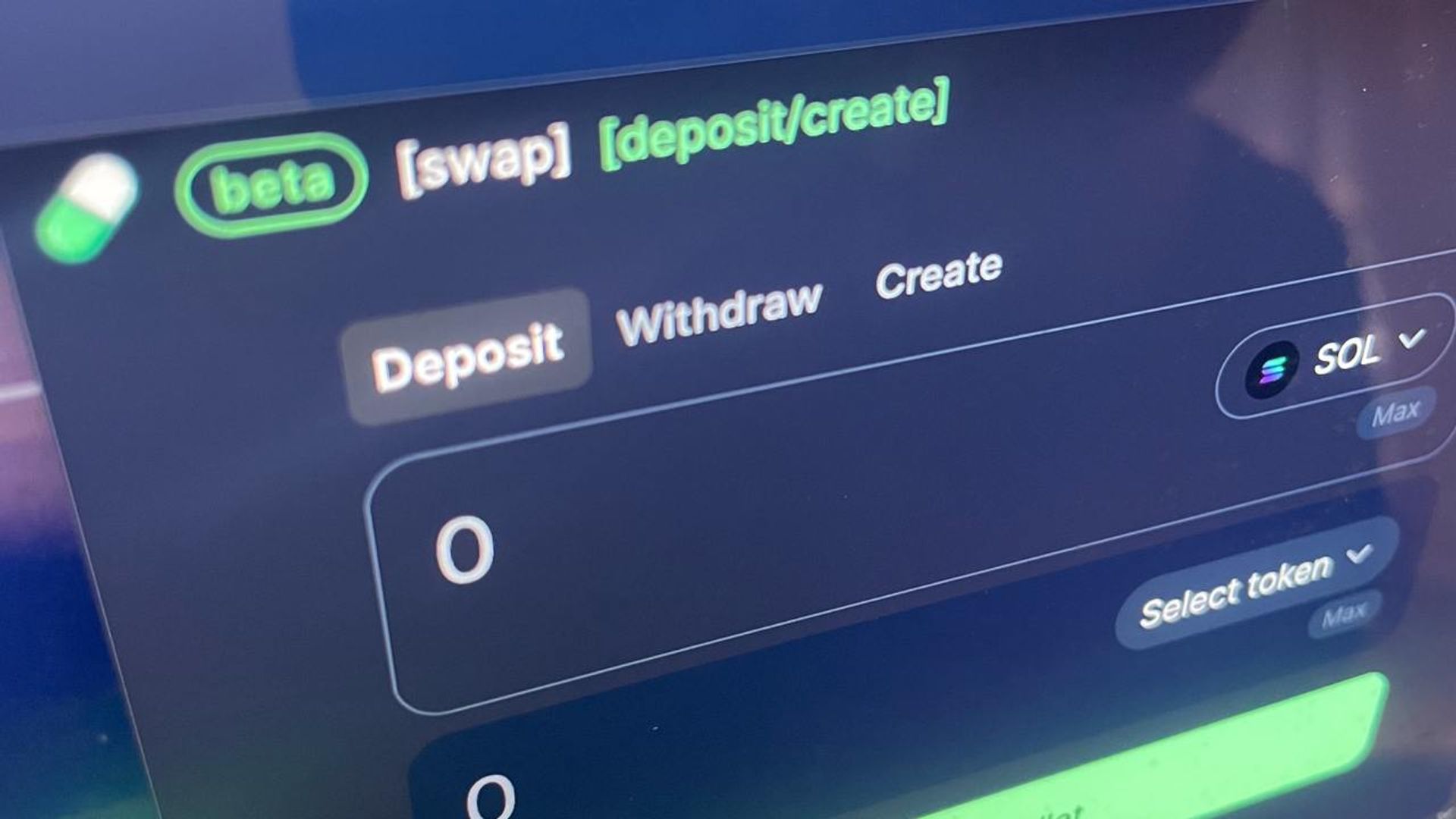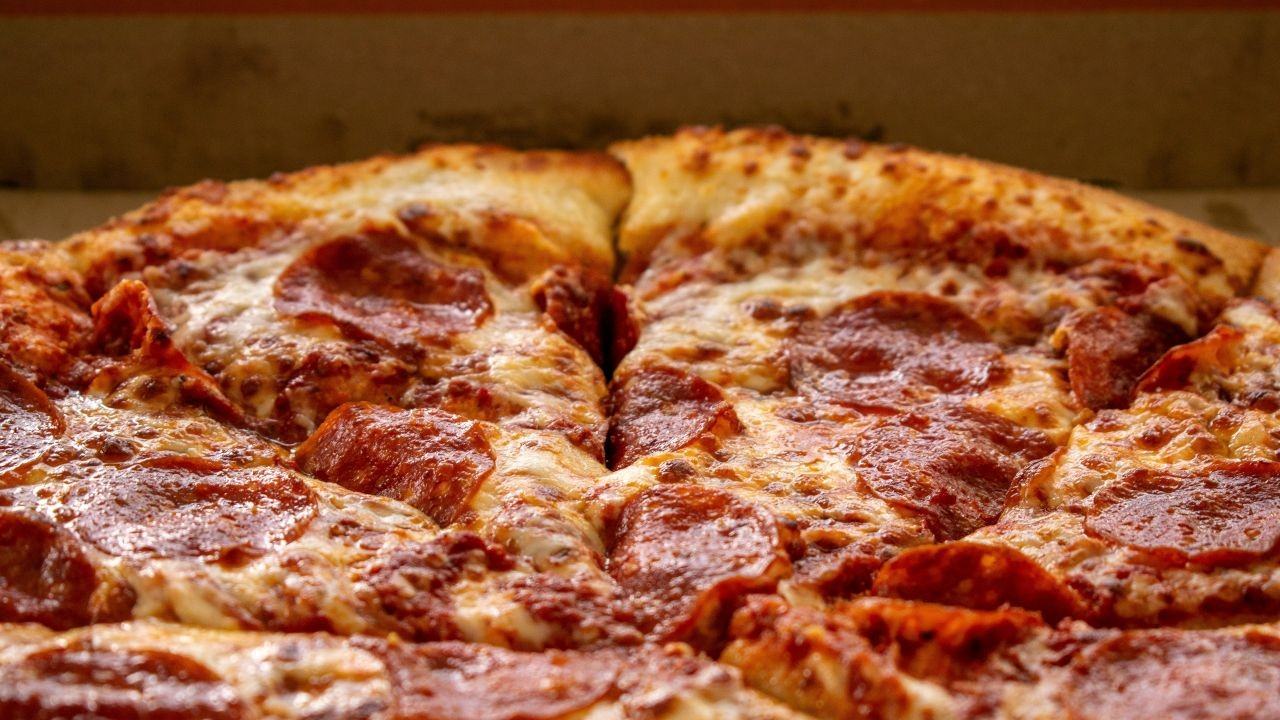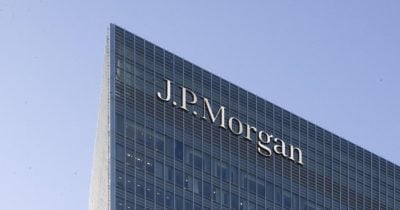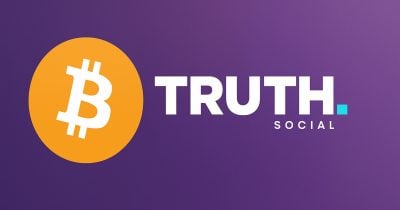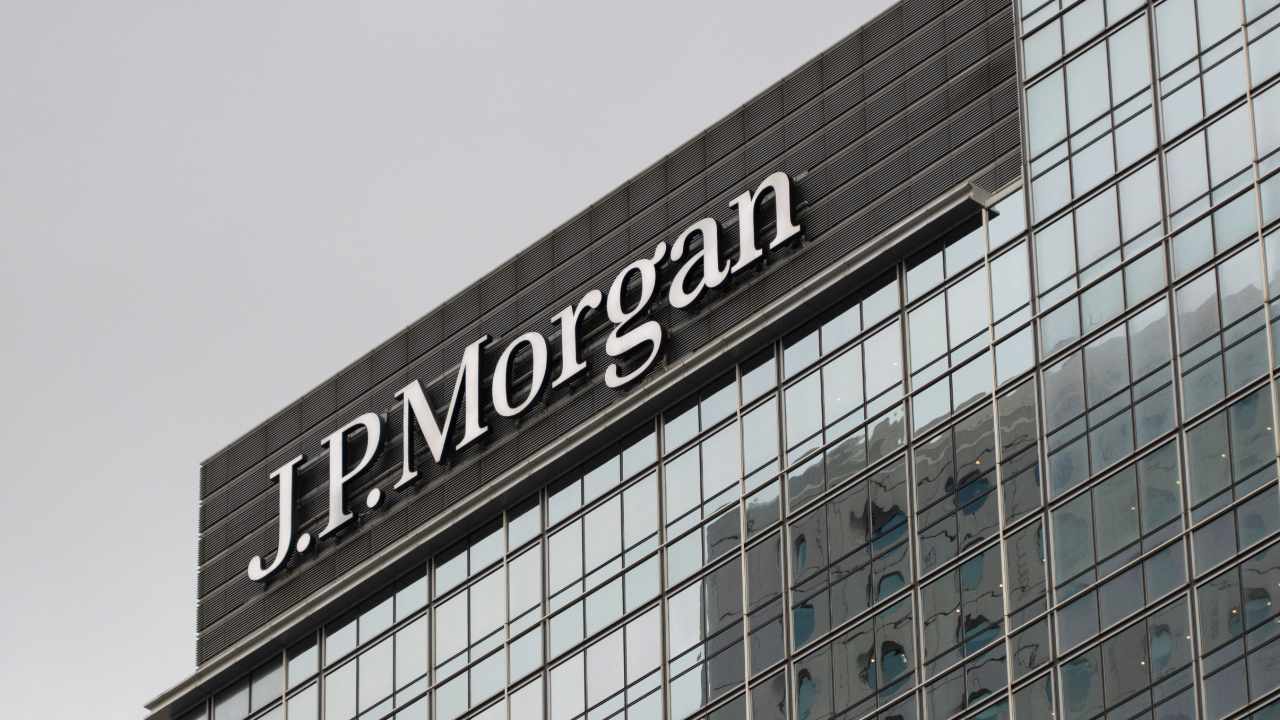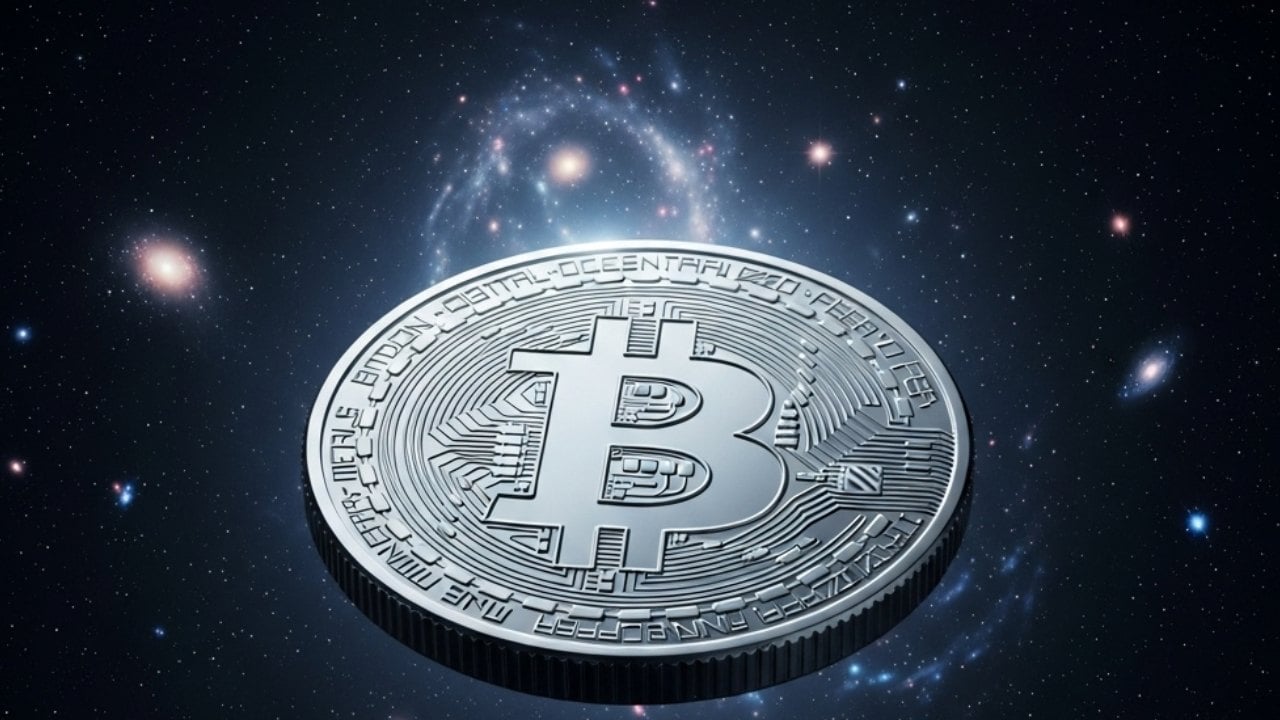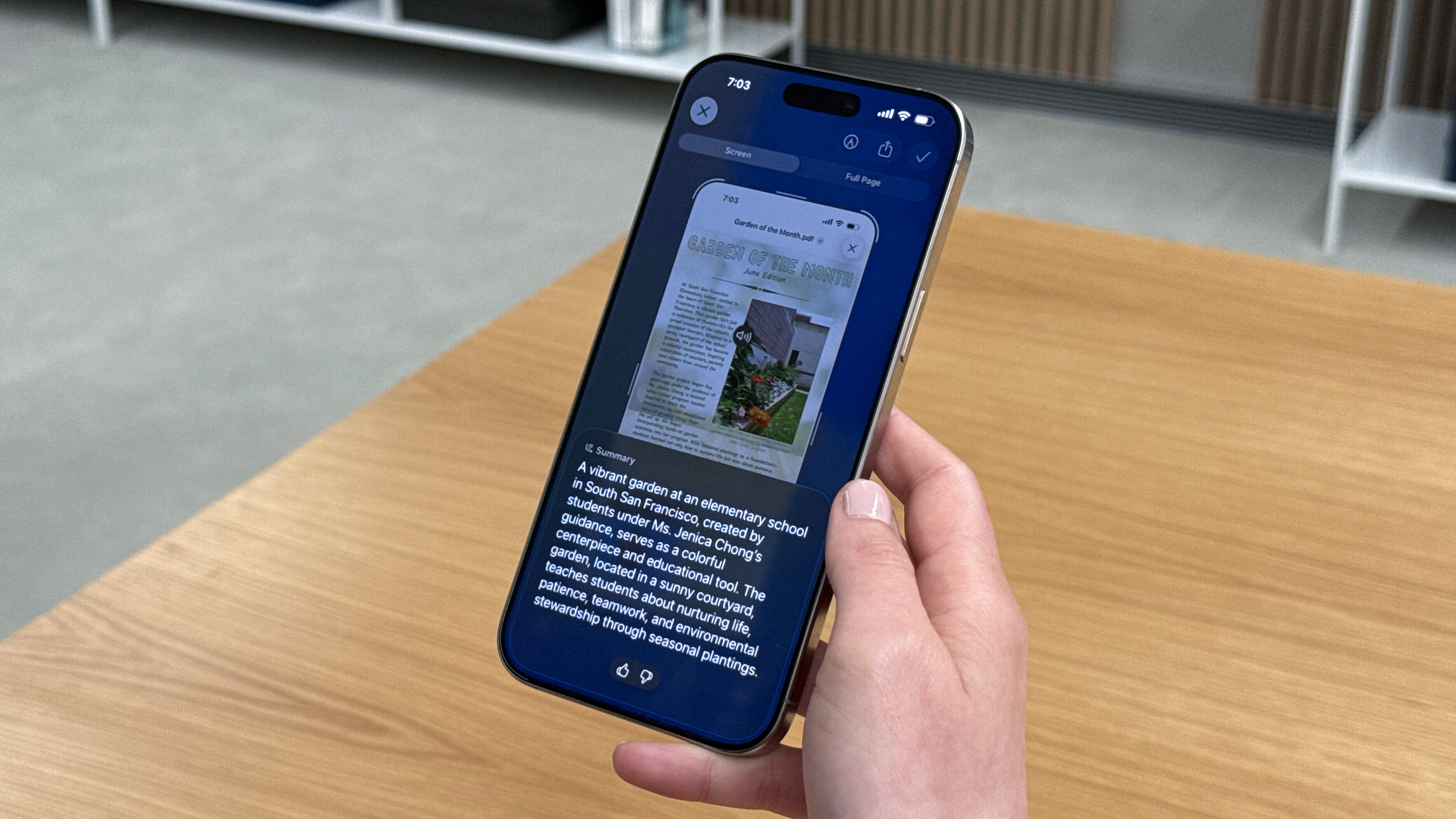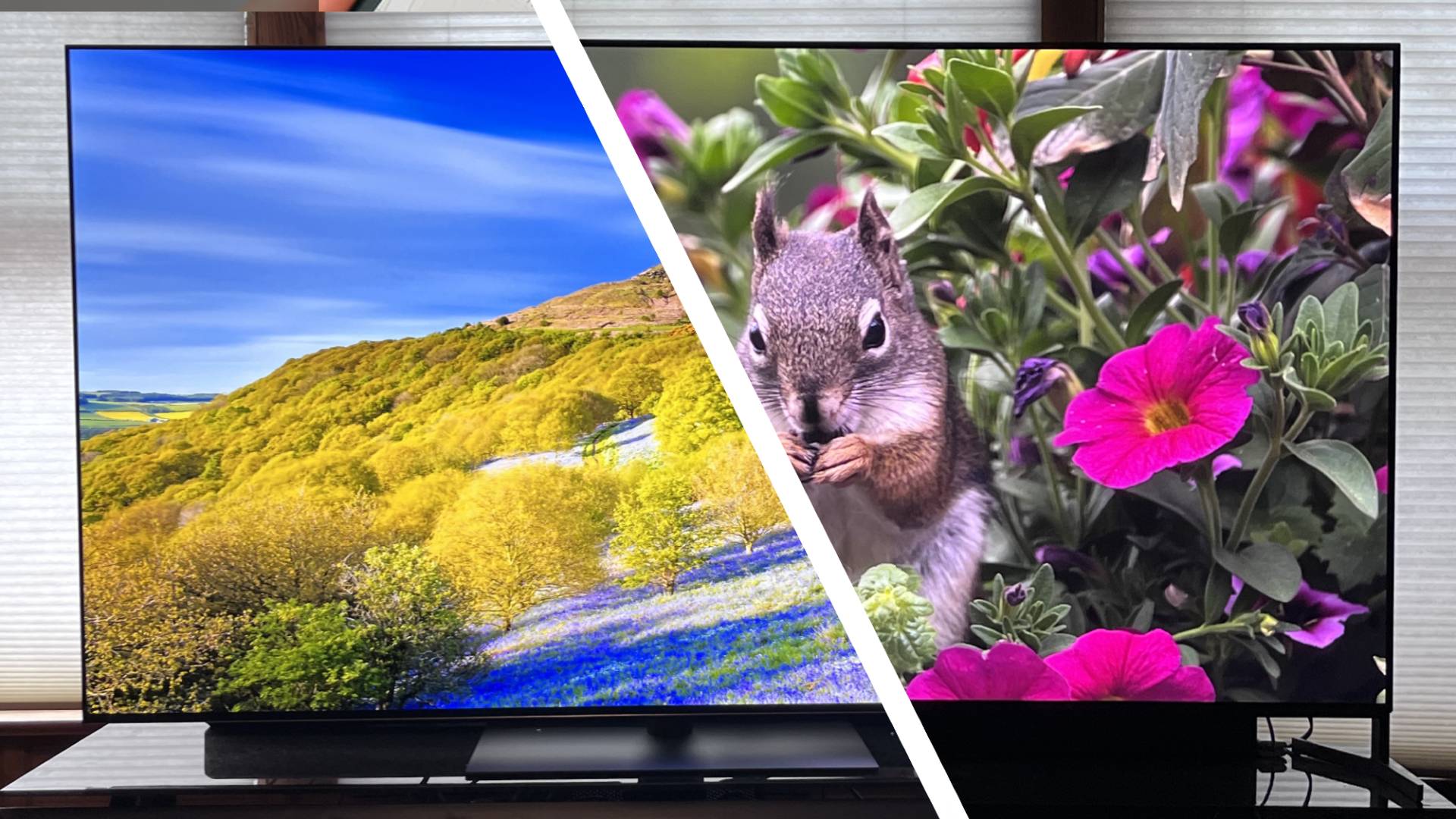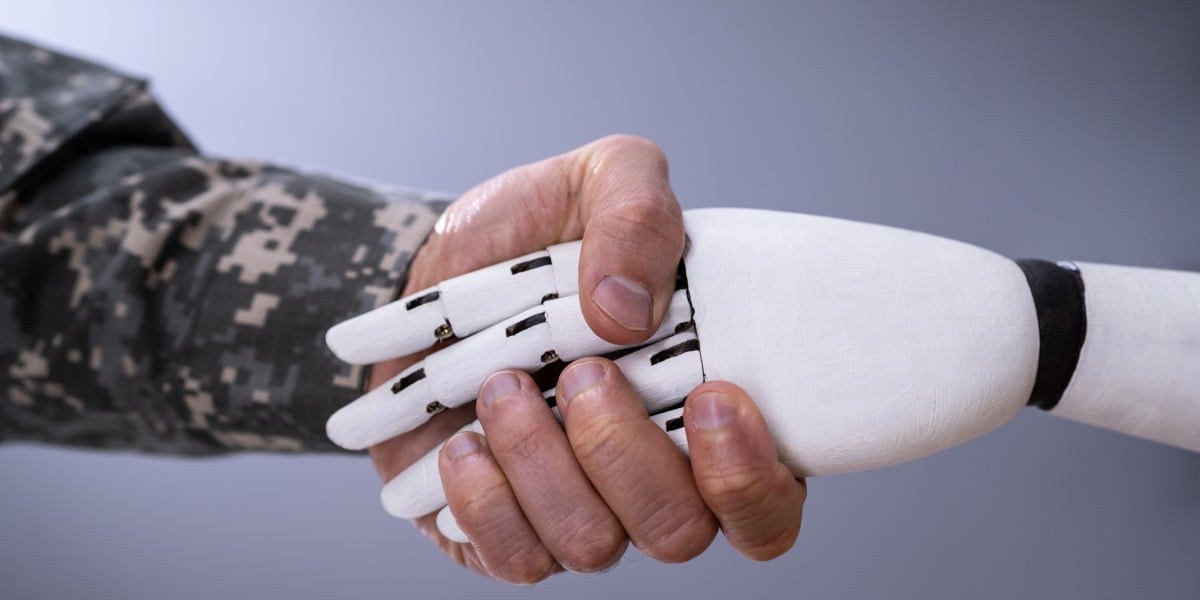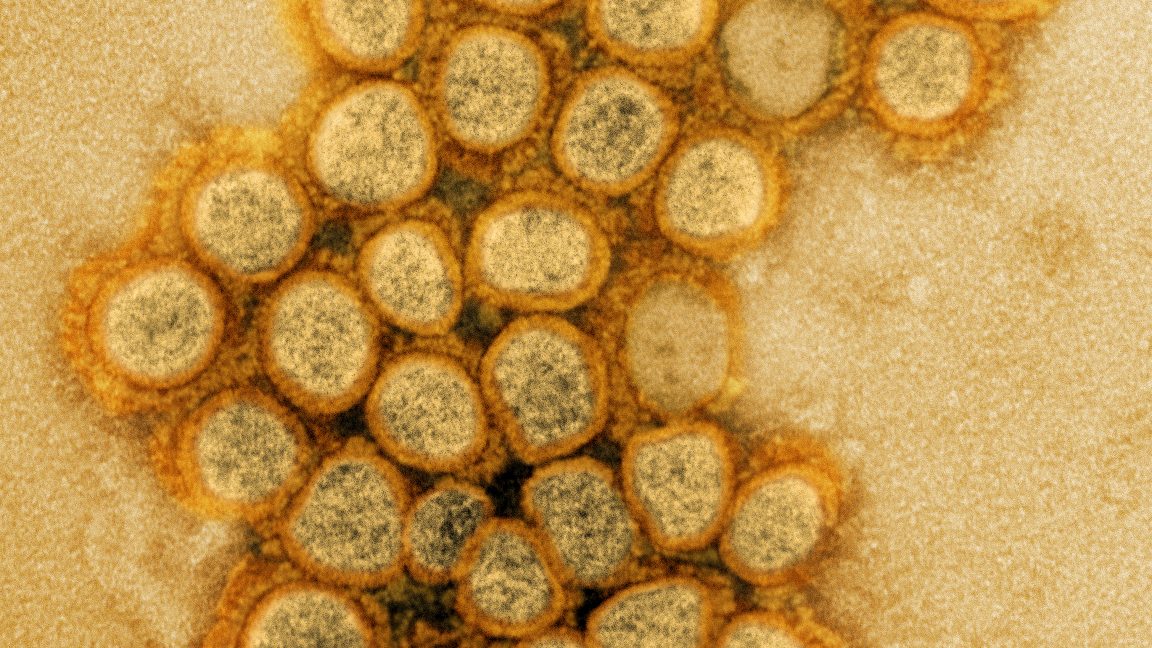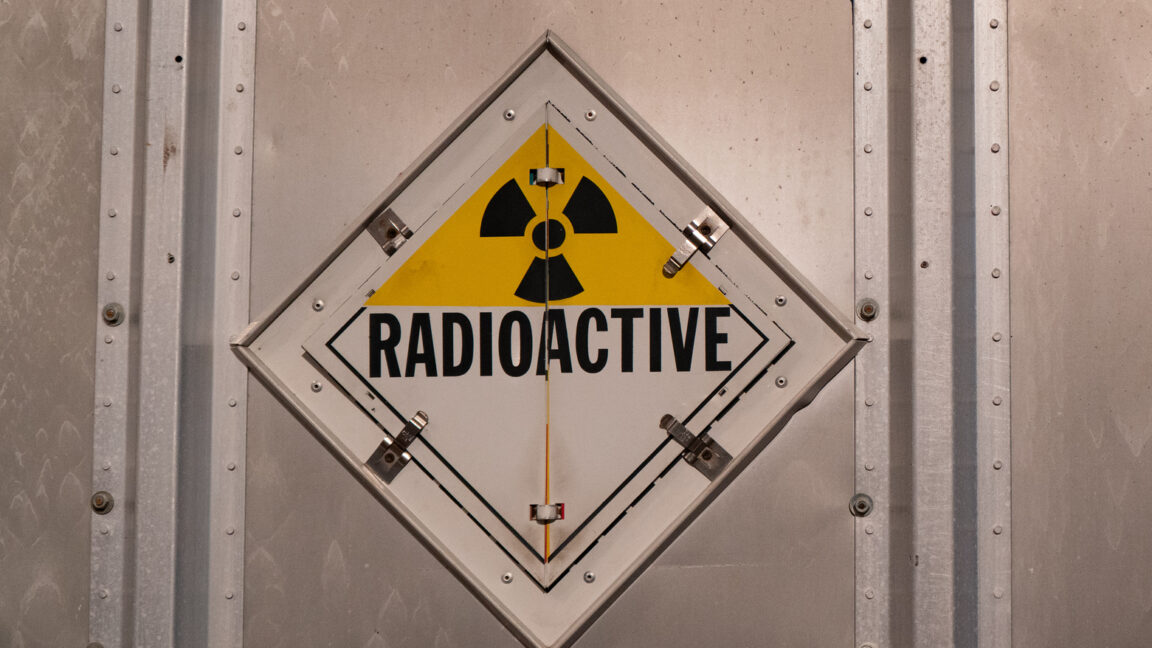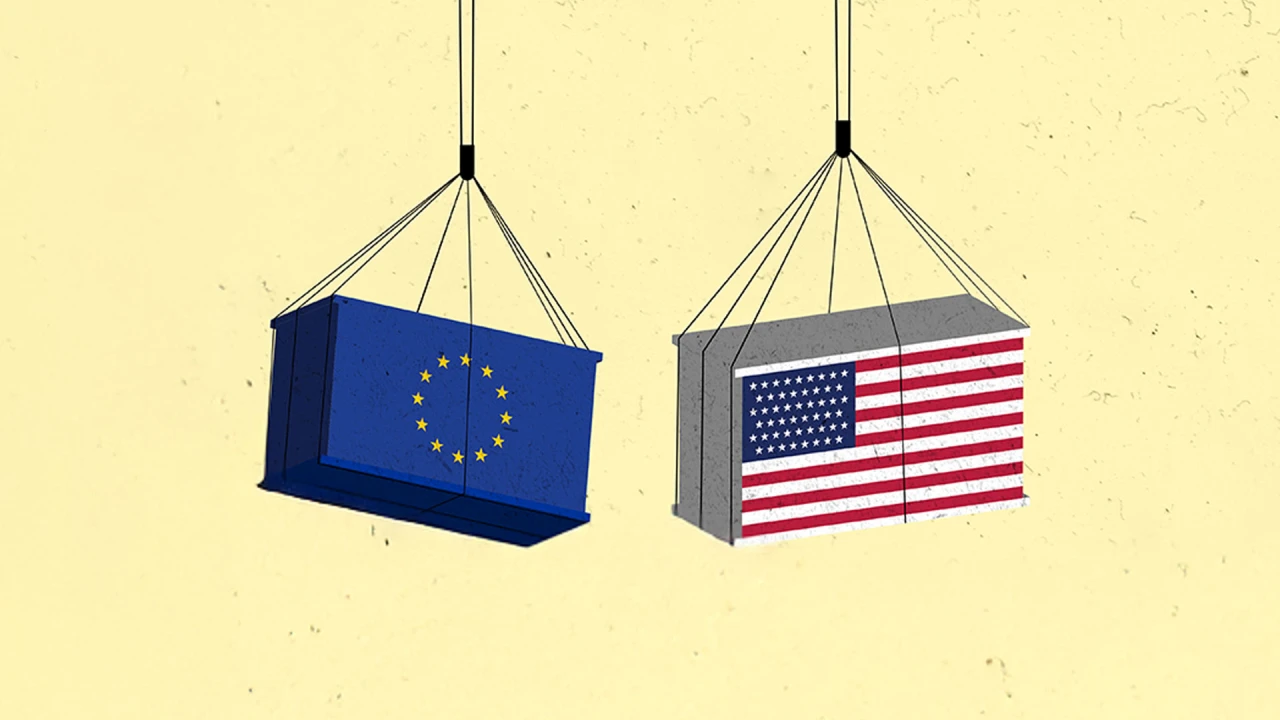Eli Lilly is making it cheaper and easier to buy high-doses of blockbuster weight loss drug Zepbound
Eli Lilly announced on Monday it will soon make the two highest-doses of its popular weight-loss drug Zepbound available for self-paying customers on its website. Starting in August, 12.5 mg and 15 mg single-doses will be added to the company’s website, effectively making all Zepbound doses available for $499 a month, or less. Unlike the pen form sold at pharamcies like Walgreens and CVS, the drug will be available in vial form through its LillyDirect self-pay pharmacy, which will require patients to draw their own shots into a syringe rather than have them prefilled. The drug will be to any eligible adult with obesity and a valid prescription regardless of insurance coverage. Health care providers and doctors can start prescribing the higher doses on July 7, according to Lilly. Zepbound is an injectable prescription medicine that belongs to a class of drugs known as GLP-1 receptor agonists originally developed for type 2 diabetes, that may help adults for treating obesity and weight-related medical issues. “Obesity is a serious, chronic disease, and access to obesity medications should be treated with the same urgency as other chronic conditions,” Rhonda Pacheco, group vice president of U.S. Cardiometabolic Health at Lilly said in the press release. “Lilly was the first company to offer a self-pay solution for an FDA-approved obesity medication, and we continue to work to expand coverage for Zepbound. In the meantime, the availability of the two highest-dose Zepbound vials gives providers and patients another important treatment option.” While the weight-loss drugs are popular with consumers, not so much with insurance companies, who don’t always widely cover the drugs, leading Lily, and rival Novo Nordisk, the maker of Wegovy, to start offering their own self-pay options. The company first rolled out its self-pay, single-dose vials last summer in an effort to meet high consumer demand. Shares in the (NYSE: LLY) were trading down less than 2% at the market’s close on Monday. Eli Lily: By the numbers In Eli Lily’s latest round of earnings for the first quarter of 2025, ending March 31, 2025, the company showed a mixed performance, and reported net income of $2.76 billion and earnings per share (EPS) of $3.34, with revenue guidance between $58 billion and $61 billion. The drug maker has a market capitalization of $724.99 billion, as of this writing. The company is slated to report Q2 earnings in early August.
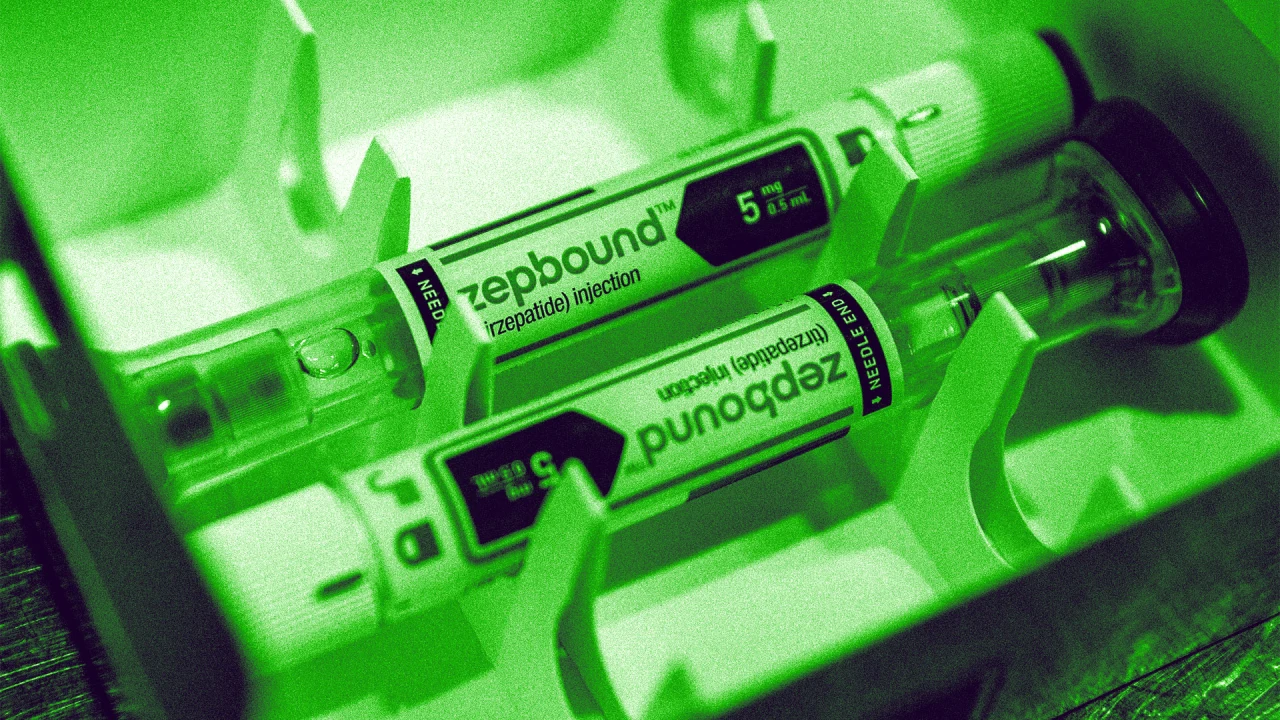
Eli Lilly announced on Monday it will soon make the two highest-doses of its popular weight-loss drug Zepbound available for self-paying customers on its website.
Starting in August, 12.5 mg and 15 mg single-doses will be added to the company’s website, effectively making all Zepbound doses available for $499 a month, or less.
Unlike the pen form sold at pharamcies like Walgreens and CVS, the drug will be available in vial form through its LillyDirect self-pay pharmacy, which will require patients to draw their own shots into a syringe rather than have them prefilled.
The drug will be to any eligible adult with obesity and a valid prescription regardless of insurance coverage. Health care providers and doctors can start prescribing the higher doses on July 7, according to Lilly.
Zepbound is an injectable prescription medicine that belongs to a class of drugs known as GLP-1 receptor agonists originally developed for type 2 diabetes, that may help adults for treating obesity and weight-related medical issues.
“Obesity is a serious, chronic disease, and access to obesity medications should be treated with the same urgency as other chronic conditions,” Rhonda Pacheco, group vice president of U.S. Cardiometabolic Health at Lilly said in the press release. “Lilly was the first company to offer a self-pay solution for an FDA-approved obesity medication, and we continue to work to expand coverage for Zepbound. In the meantime, the availability of the two highest-dose Zepbound vials gives providers and patients another important treatment option.”
While the weight-loss drugs are popular with consumers, not so much with insurance companies, who don’t always widely cover the drugs, leading Lily, and rival Novo Nordisk, the maker of Wegovy, to start offering their own self-pay options.
The company first rolled out its self-pay, single-dose vials last summer in an effort to meet high consumer demand.
Shares in the (NYSE: LLY) were trading down less than 2% at the market’s close on Monday.
Eli Lily: By the numbers
In Eli Lily’s latest round of earnings for the first quarter of 2025, ending March 31, 2025, the company showed a mixed performance, and reported net income of $2.76 billion and earnings per share (EPS) of $3.34, with revenue guidance between $58 billion and $61 billion. The drug maker has a market capitalization of $724.99 billion, as of this writing.
The company is slated to report Q2 earnings in early August.




